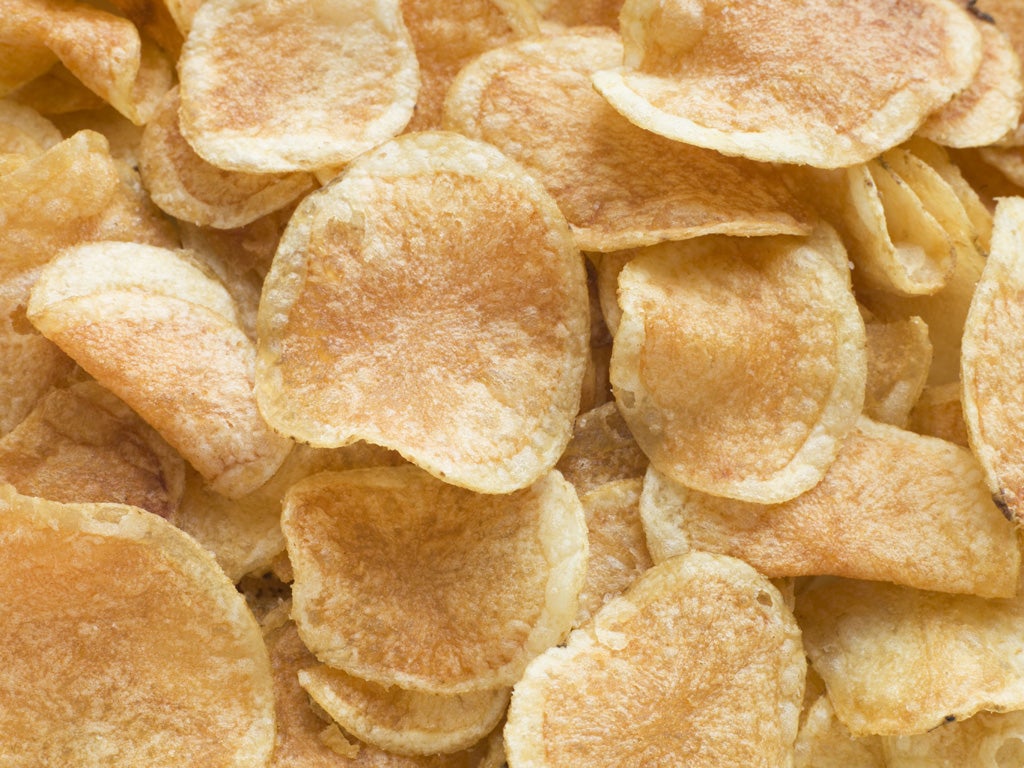We are what we eat, and what we eat has to be a matter of free choice
Apparently 60 per cent of the British population is officially obese - but does that mean we should add tax or make bad foods harder to find?


Nothing quite illustrates the extreme class divisions in Britain like our relationship with food.
Yesterday I turned from an interview with a woman called Lucy Boyd, who said that she regarded it as an offence against nature to eat asparagus out of season, to a report highlighting the significant rise in the number of people dependent on food hand-outs in the UK.
London has now become the global restaurant capital where you can pay £87 for a steak, but out there in the real world, people are eating "value" beefburgers that are made from horse. The glossy magazines are full of delicious recipes using seasonal ingredients, and the supermarket shelves are replete with ready meals and chickens at £2 each. One group of people wants food to be authentic, another wants it to be cheap. If we believe what we are told, obesity is a big issue in this country, and now a panel of doctors believes that the answer to this problem is to protect us from ourselves.
They want the government to add tax on fizzy drinks, legislate against unhealthy food in hospitals, and ban fast food outlets within waddling distance from school. Let them eat polenta, they might as well have said.
I was listening to a radio phone-in yesterday, which presented as fact that 60 per cent of the adult British population, and one in three children, is officially obese. This strikes me as a rather startling statistic, so I spoke to my regular adviser on medical matters who, for anonymity's sake, I call Dr G. He said that this alarming figure may be a result of the standard measurement used to denote obesity, the Body Mass Index.
This, he says, is something of a blunt instrument and is a calculation based on a person's height/weight ratio. "Using this method," says Dr G, "the entire England rugby team would be classified as obese." This is because muscle weighs much more than fat. He believes that waist circumference is a much better indication of obesity.
By any measure, we are a fatter nation these days, and it is hard to argue against the idea that, if crisps, fried chicken and fizzy drinks were banned, or at least made harder to find, there would be an improvement in public health. But is this the right way to tackle the issue for a mature, liberal democracy?
We are what we eat, and what we eat has to be a matter of free choice. Surely, education, parental influence and cultural change are what's needed to effect real change. It has worked with smoking, even though it's an easier message to get across. Smoking causes cancer and kills you: there's no such emotive link to be made with eating cheeseburgers. Dr G's advice? No grazing!
He believes that one of the neglected issues is the British propensity for snacking between meals, diving into the fridge when we get home, or the chocolate bar on the Tube. He says that in France for instance, where they have less of a weight problem, they have two big meals a day but hardly eat anything in between. We Brits, however, have a very different relationship to food. Which reminds me. Time for elevenses...
Join our commenting forum
Join thought-provoking conversations, follow other Independent readers and see their replies
Comments
Bookmark popover
Removed from bookmarks